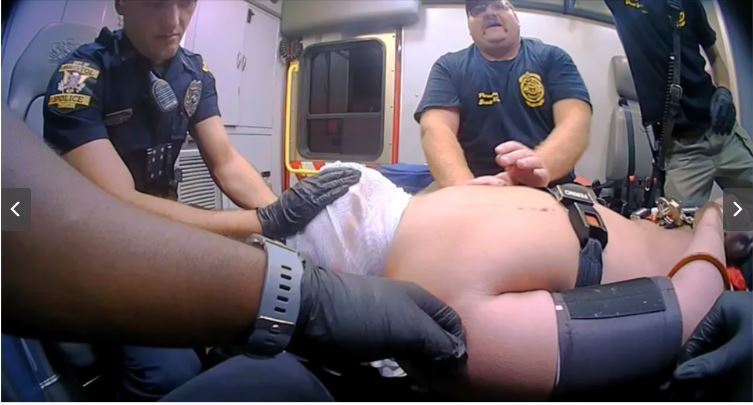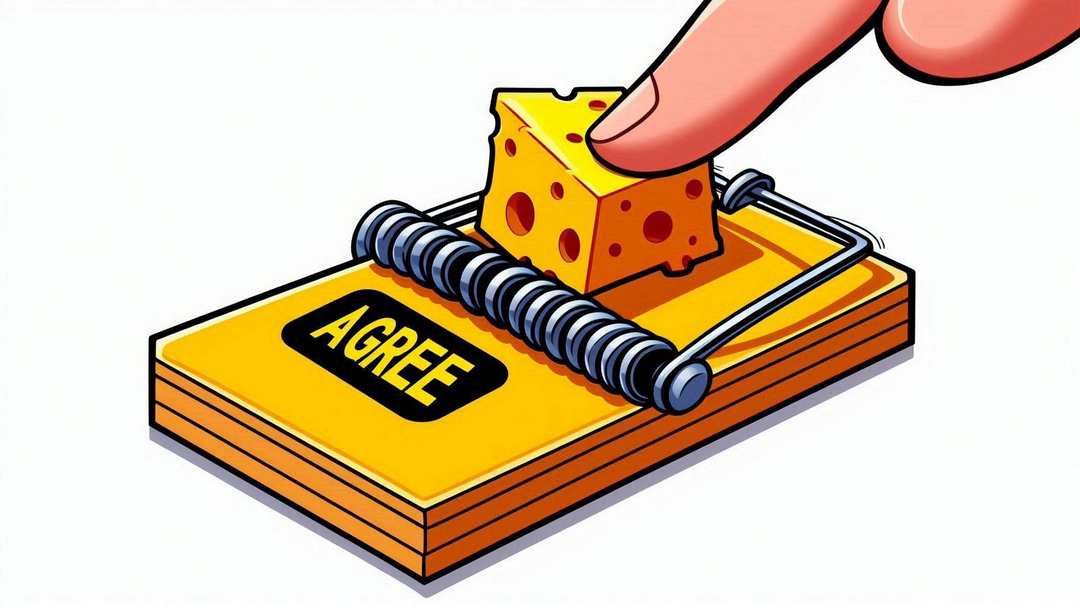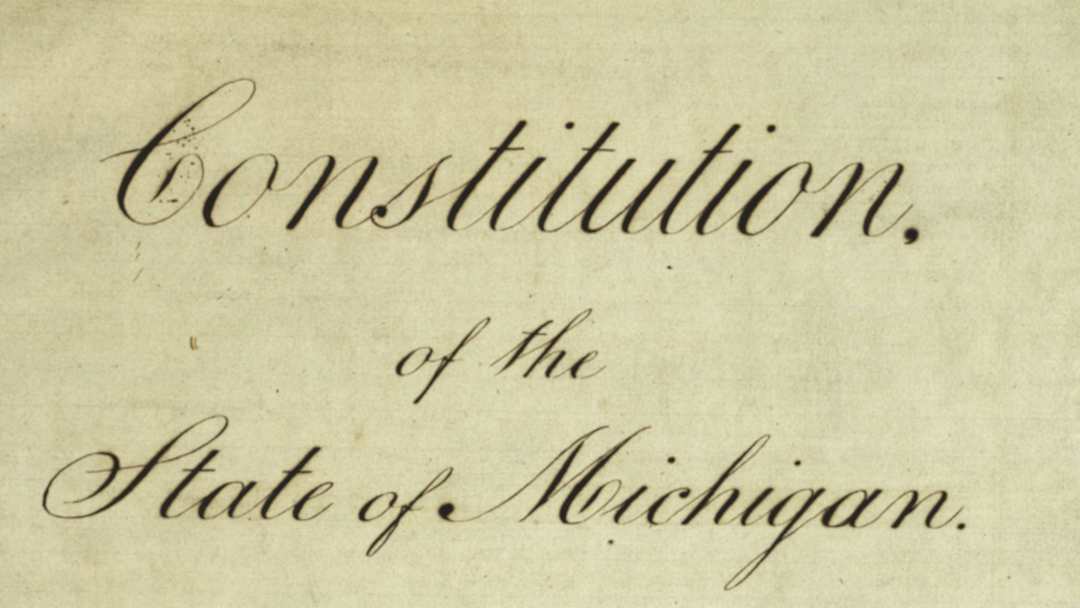A recent study published in Addiction evaluated the associations of cannabis use disorder (CUD) with cardiovascular disease (CVD) outcomes.
Cannabis usage is prevalent among more than 200 million individuals worldwide, and its associated adverse effects carry significant implications. The occurrence of Cannabis Use Disorder (CUD) affects approximately 27%-34% of cannabis users, highlighting the urgent need for public health attention. The gravity of the situation is further emphasized by the limited availability of treatments and behavioral interventions for those affected.
Although research suggests adverse health outcomes due to cannabis usage, the relationship between cannabis and CVD is less explored. However, current evidence indicates a higher occurrence of cardiovascular events among young cannabis users. In addition, cannabis has been associated with severe events such as stroke, myocardial infarction, arrhythmias, atherosclerosis, and cardiomyopathies.
Read The Article Here
FAQs about Cannabis Use Disorder
What is cannabis use disorder?
Cannabis use disorder (CUD) is a medical condition in which a person uses cannabis excessively and compulsively, even though it is causing problems in their life. CUD can lead to a number of negative consequences, including impaired memory and learning, problems with relationships and work, and financial problems.
How common is CUD?
CUD is the most common substance use disorder among people in the United States. About 10% of people who use cannabis will develop CUD, and the rate is higher among adolescents and young adults.
What are the symptoms of CUD?
The symptoms of CUD can vary from person to person. Some common symptoms include:
Using more cannabis than intended
Trying but failing to quit using cannabis
Spending a lot of time using cannabis
Craving cannabis
Using cannabis even when it causes problems at home, school, or work
Continuing to use cannabis despite social or relationship problems
Giving up important activities with friends and family in favor of using cannabis
Using cannabis in high-risk situations, such as driving a car
Continuing to use cannabis despite physical or psychological problems
Needing to use more cannabis to get the same high
What are the risk factors for CUD?
A number of factors can increase a person’s risk of developing CUD, including:
Age: Adolescents and young adults are more likely to develop CUD than older adults.
Family history: People with a family history of addiction are more likely to develop CUD.
Mental health problems: People with mental health problems, such as depression or anxiety, are more likely to develop CUD.
Peer pressure: People who have friends who use cannabis are more likely to use cannabis themselves.
Early exposure to cannabis: People who start using cannabis at a young age are more likely to develop CUD.
How is CUD treated?
There is no one-size-fits-all treatment for CUD. Treatment plans are typically tailored to the individual’s needs and may include a combination of medication, therapy, and support groups.
Common treatments for CUD include:
Cognitive-behavioral therapy (CBT): CBT is a type of therapy that helps people to identify and change their thoughts and behaviors.
Contingency management: Contingency management is a type of therapy that rewards people for positive behaviors, such as staying sober.
Medication: There are a number of medications that can be used to treat CUD, such as bupropion (Zyban) and naltrexone (Vivitrol).
Support groups: Support groups can provide people with CUD with a safe and supportive environment where they can share their experiences and learn from others who are going through the same thing.
FAQ
What does Quash mean?
to say officially that something or an earlier decision, is no longer to be accepted: His conviction was quashed after his attorney argued that police evidence was all lies.
What is conviction vacated mean?
When a sentence is vacated: It legally annuls the conviction. Vacating a criminal sentence means removing that conviction from a person’s record. The record will then appear as if the person was never charged and convicted of a crime.
Why would a sentence be vacated?
Someone who has their conviction vacated are released from custody under certain conditions, such as a plea bargain being breached, proof of ineffective counsel, court bias, or another similar factor that might have impacted the outcome of the original trial.
Is vacating the same as dismissing?
‘Vacating’ or ‘setting aside’ is used when referring to nullifying a specific judgment from the judge (in this case, a guilty or ‘no contest’ judgment).
‘Dismissing’ applies to the entire case. It means that the case is thrown out for reasons other than its factual merits.
Does vacated mean innocent?
Winning the motion to vacate doesn’t mean that this is the end of the matter. The conviction or sentence is canceled as if it never existed, but the court doesn’t close your case. Instead, the prosecutor then decides whether to drop or pursue the original charges.
More Posts

Michigan DUI Laws and Consequences – First Offense
First Offense DUI in Michigan: Laws and ConsequencesFacing a first offense DUI in Michigan can be daunting as the implications are significant and the legal landscape is complex. Understanding the laws surrounding Operating While Intoxicated is essential, as these...

Michigan Supreme Court to Hold Public Administrative Hearing
On September 18, 2024, the Michigan Supreme Court will conduct a public administrative hearing, providing an opportunity for citizens and legal professionals to engage directly with the state's highest court. This hearing, held via Zoom and livestreamed on YouTube,...

Nuclear waste headed to southeast Michigan landfill
What happened to the nuclear waste from the Manhattan Project? It's coming to Michigan so New York can be a cleaner place.August 2024, the U.S. Army Corps of Engineers is transporting nuclear waste from the Manhattan Project (Read it) to the Wayne Disposal facility in...

Video kept from family shows police force not drugs killed son
police and paramedics inflicted “inhumane acts of violence”A mother has filed a federal lawsuit claiming that, while her son was experiencing a seizure in his Tennessee apartment, police and paramedics inflicted “inhumane acts of violence” on the 23-year-old instead...

What could happen when you click the – I agree – box?
Wrongful death suit against Disney serves as a warning to consumers when clicking ‘I agree’A wrongful death lawsuit involving Walt Disney Parks and Resorts highlights the critical importance for consumers to meticulously review the fine print before registering for a...

4th Circuit says – Assault weapons can be banned
This case is about whether the Act’s general prohibition on the sale and possession of certain “assault weapons,” are unconstitutional under the Second Amendment. An en banc federal appeals court upheld Maryland’s ban on assault-style weapons in a 10-5 decision...

Court Ruling – No bonus for growing weed
COURT RULING – SORRY NO BONUS FOR GROWING CANNABISA marijuana farm worker is unable to succeed in his breach-of-contract lawsuit regarding a $100,000 bonus he claims to be owed for producing a healthy harvest of 1400 pounds of dry cannabis crop as the contract is...

SCOTUS – Justices uphold laws targeting homelessness
Does not amount to “cruel and unusual punishment” under the Eighth Amendment The Supreme Court has affirmed the validity of ordinances in a southwest Oregon city that restrict individuals experiencing homelessness from utilizing blankets, pillows, or cardboard boxes...

Michigan Crime Victim Compensation
Michigan has a crime victim compensation fund. You can contact them using the various links on this page. This post is just to provide you with information. We do not provide any services for this topic.Crime Victims Victims of crime often face lasting repercussions...

The Takings Clauses of the United States and Michigan
These clauses protect property rights and maintain a balance between public needs and individual ownership The Takings Clauses of the United States and Michigan Constitutions are pivotal components of property law, ensuring that private property is not seized by the...








